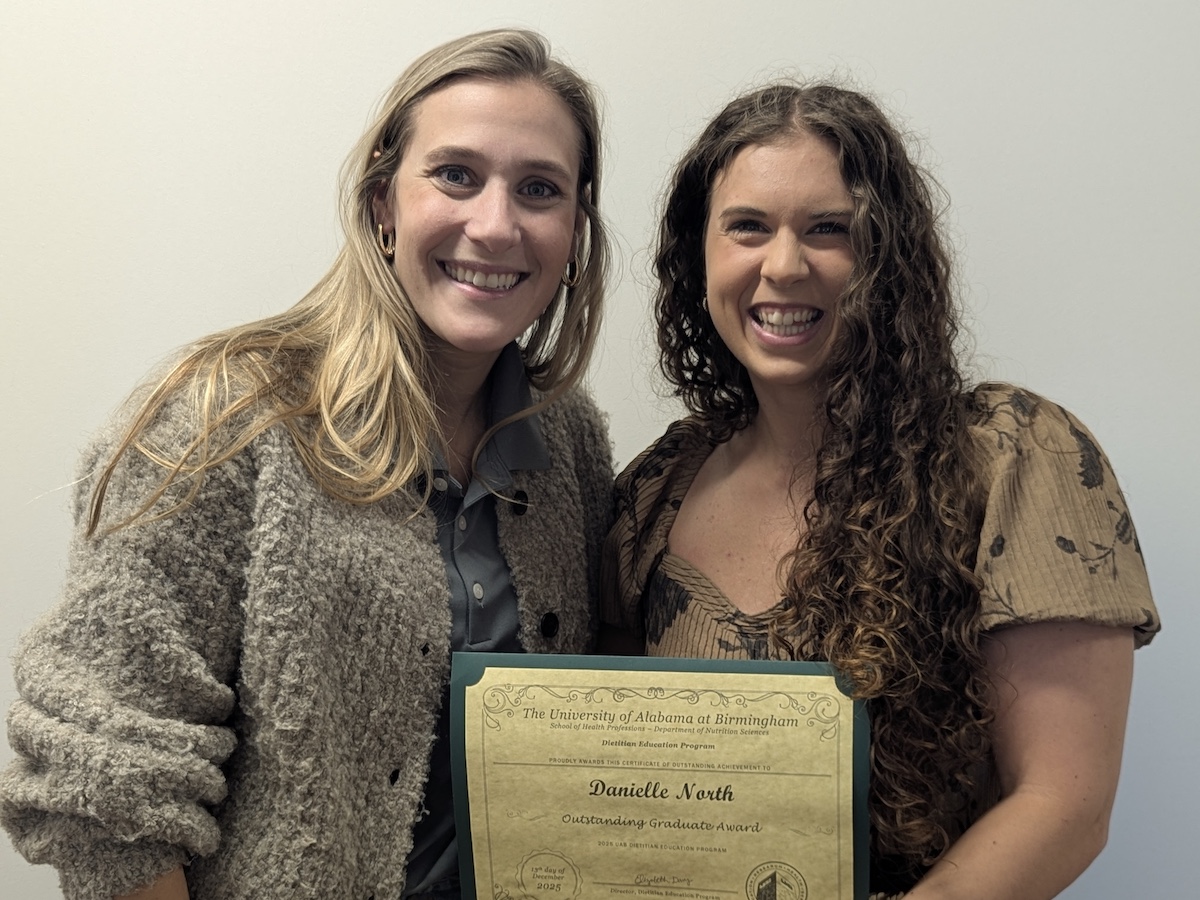Director's Notes

James Rimmer, CEDHARS Director
Generally speaking, most people are aware of the health risks associated with being overweight or obese. The more a person weighs, the more likely they will be prone to type 2 diabetes, coronary heart disease, gallbladder and liver complications, stroke, depression, and other serious health risks.
However, people with disabilities are particularly vulnerable, as research has shown a disproportionately higher incidence of obesity in this segment of the population. Regardless of age, sex, race, and ethnicity, people with disabilities were reported to have higher rates of obesity than people without disabilities.
But here’s the big issue: if someone is unable to stand on the small surface of a common home scale without holding onto something or is unable to stand due to some form of paralysis or pain, then they are unable to weigh themselves on a regular basis. This creates a huge problem for people with spinal cord injury, spina bifida, some individuals with Parkinson, cerebral palsy or stroke, or anyone who has difficulty with their balance trying to remain motionless so that they can get an accurate measure of their weight.
A few years ago, a small research and development startup company developed a really cool wheelchair accessible scale that looked light a yoga mat and could be slid underneath a person’s bed when not in use. Around the same time, we also developed one in our Rehabilitation Engineering Research Center – RecTech – with engineering professor Alan Eberhardt and one of his students, but it was a lot heavier and would not fit under a bed. They decided to abandon the commercialization process after learning about the lighter version. Disappointingly, the company with the sleeker design is no longer in business and the home wheelchair scale is off the market.
UAB Obesity researchers like Gareth Dutton, Kevin Fontaine, Jim Hill, and Holly Wyatt understand the importance of daily weighing to avoid something coined many years ago, “creeping obesity.” Small increments in weight can go unnoticed for many months on end and a return visit to the doctor’s office a year later could result in a large increment in weight and early signs of health problems (likely to have been exacerbated during the pandemic).
One of our doctoral students, Julianne Clina, is working on a research study that involves adapting an evidence-based weight loss program for people with mobility disability. One of the major components of the program is for participants to weigh themselves regularly. And so, the wheelchair scale that RecTech developed a few years ago is back over at the Engineering School for a second look at design and function. Weight management and weight loss is an important health issue for all individuals and people with disabilities need a way to monitor their weight at home so that they can better manage their health.

